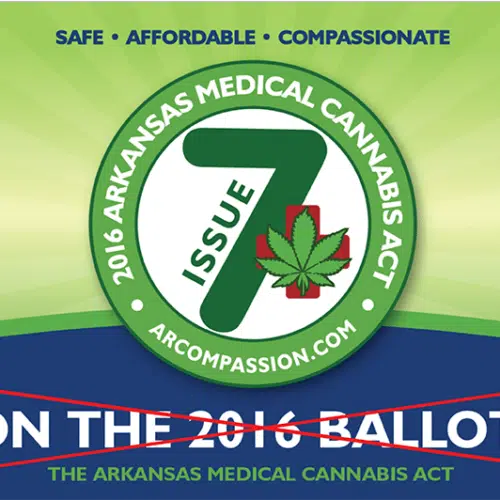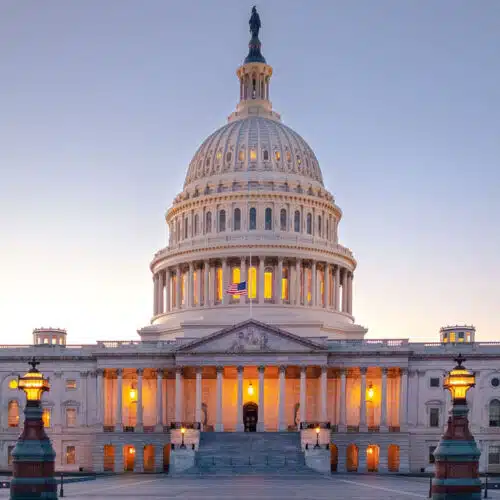New Jersey Governor Phil Murphy often argued in favor of the legalization of cannabis for both recreational and medicinal purposes on the campaign trail in 2017. He has made clear that he would like to see recreational cannabis legalization passed by the end of 2018. While he is hopeful that recreational legalization will occur sometime later this year, Murphy announced on Tuesday, March 28th, 2018 that the New Jersey medical cannabis program will be expanded to include a much larger group of people than the current 18,500 registered patients.
New Jersey Medical Cannabis Program In Its Current Form
New Jersey’s limited medical cannabis program was signed into law back in 2010. At that time, the qualifying conditions list was small and included cancer, HIV/AIDS, PTSD, and seizures. The law allows for the personal possession of up to two ounces of cannabis per month but does not allow for home cultivation. This will not change in any way with the new medical cannabis law expansion.
What Will Be Changed?
Conditions that previously did not qualify patients for a medical cannabis recommendation that now will qualify under Murphy’s new medical cannabis program expansion include: anxiety, migraines, tourette’s syndrome, chronic pain related to musculoskeletal disorders, and chronic pain affecting internal organs. The inclusion of various extra qualifying conditions establishes the ability for many more patients to access medical cannabis based on the recommendation of their physician.
Physicians in New Jersey will also be granted more freedoms to recommend medical cannabis to patients in need. Under New Jersey’s original program, only physicians who agree to have their names publicly disclosed on a state registry were able to recommend medical cannabis. The registry, which included only about 500 names, may have given some physicians hesitation about publicly disclosing their names as the medicinal use and recommendation of cannabis is still stigmatized in many circles.
Thanks to the changes in New Jersey’s medical cannabis program under Murphy, all physicians will be able to recommend the medicinal use of cannabis without registering their names to the state database.
As seen in California, legal cannabis programs do not begin as finished products. Legalizing a historically illegal and demonized “drug” brings about certain challenges that cannot be met in one swift legislative maneuver. If New Jersey and California are any examples, it is clear that it may take months, even years to determine what the most useful legal cannabis laws are. However, New Jersey’s attempt to provide more patients easier access to medical cannabis is extremely promising.


